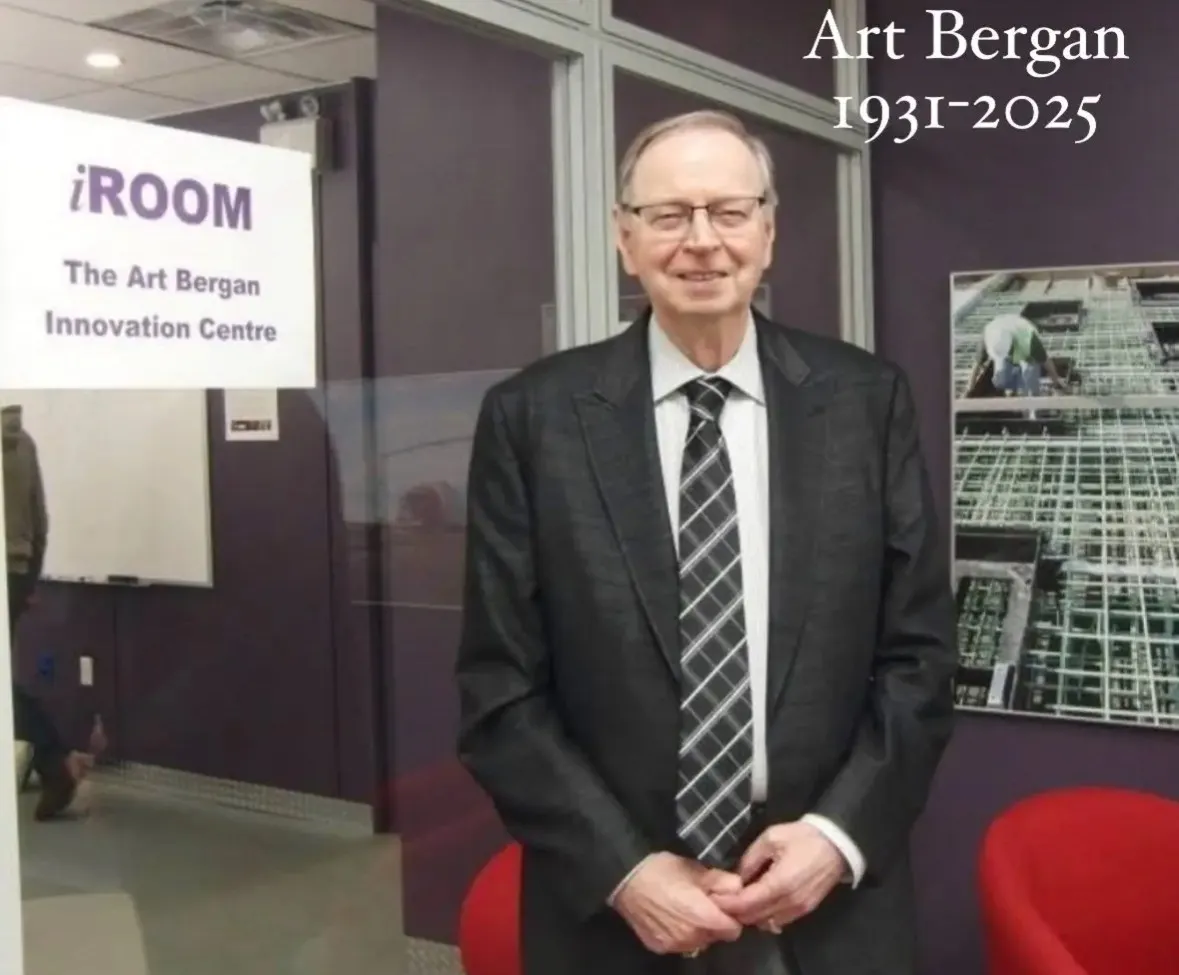
Dr. Art Bergan, founder of International Road Dynamics (IRD) and a pioneer in the transportation industry, has died.
In the late 1970s, at the University of Saskatchewan, he developed one of the world's first Weigh in Motion (WiM) systems, leading to the creation of IRD, which is now owned by Quarterhill.
His daughter Donna Bergan, VP of marketing at Quarterhill, wrote on LinkedIn:
"Art was brilliant, an engineer, professor, entrepreneur, and visionary who changed how the world measures and moves freight. That breakthrough didn't just lead to smarter roadways; it sparked the creation of IRD in 1980 and helped define an entire segment of intelligent transportation systems."
"His achievements were many: Ph.D. from UC Berkeley, department head of Civil Engineering at U of S, builder of hundreds of miles of Canadian highway, mentor to over 40 graduate students, and advisor to national and international transportation boards. But beyond the accolades, he built something far greater: a company and a community rooted in innovation, impact, and care."
"He was curious and kind and made space for others to be the same. He led with humility and never stopped believing in people and their ideas."
"I feel lucky every day to be part of an industry he helped shape and to work with colleagues who continue his mission of building safer, smarter transportation systems worldwide. His legacy lives on not only through the company he founded but in every sensor on the road, every idea we carry forward, and every leader he inspired."









